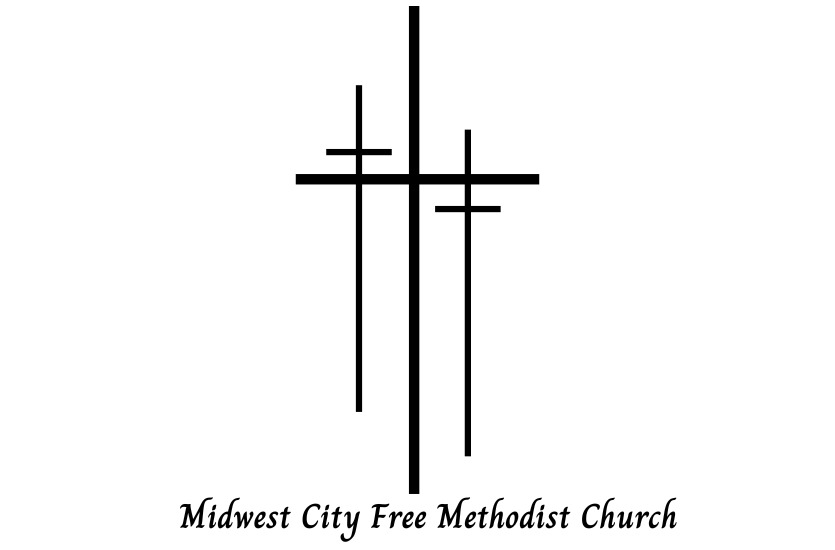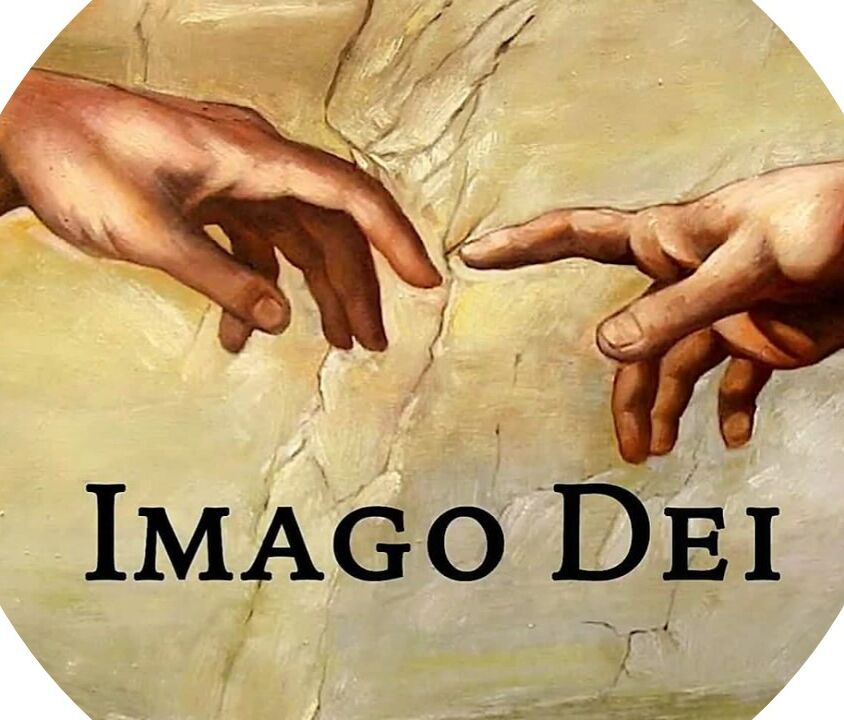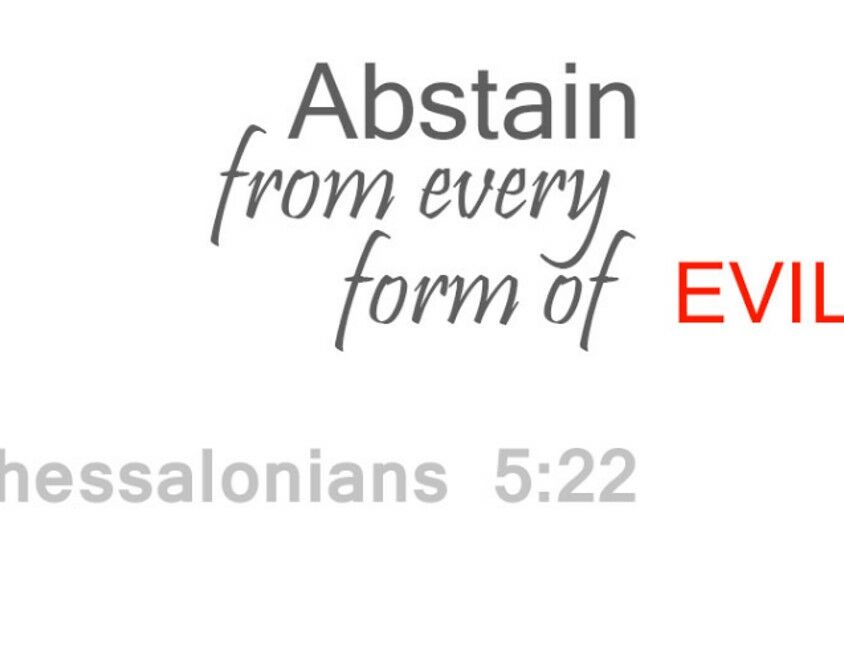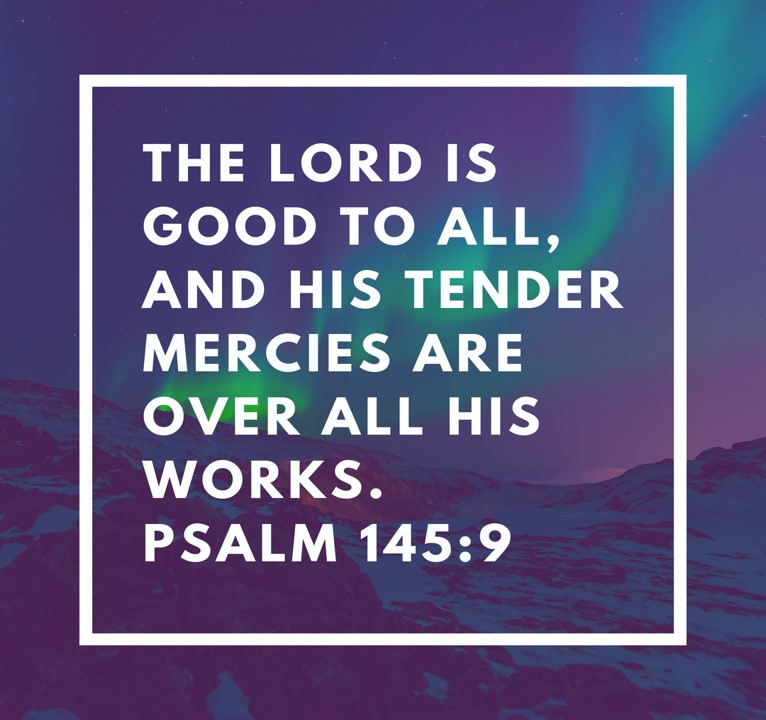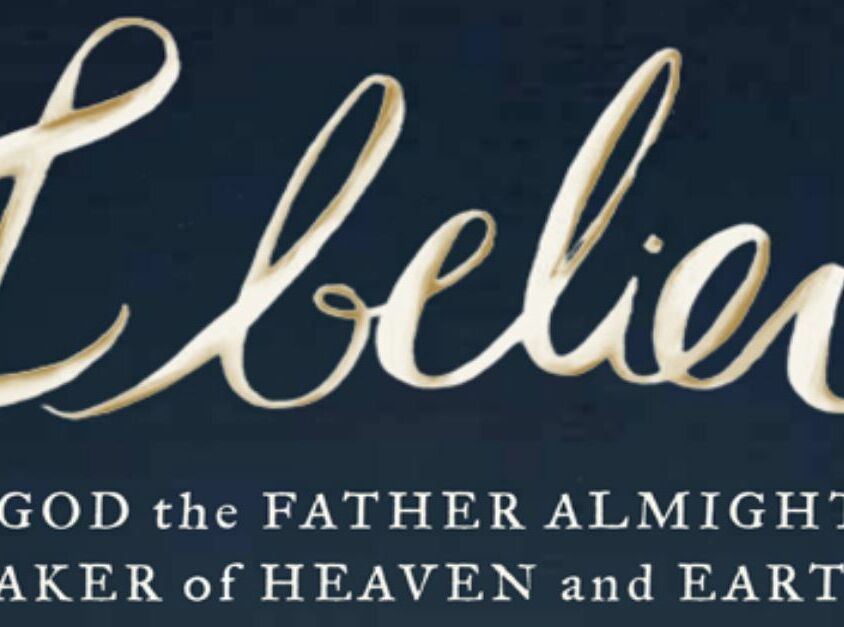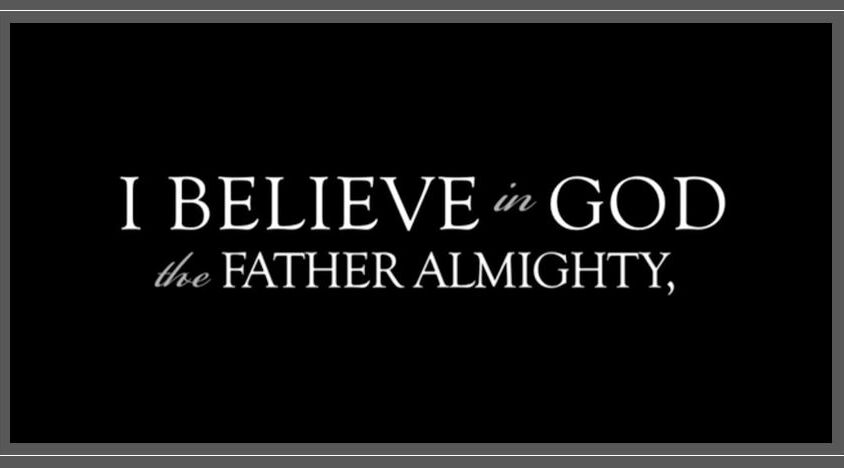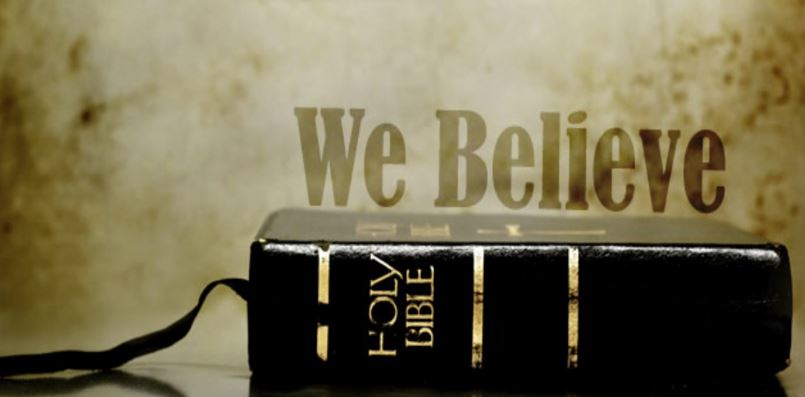We Believe
The question “What is man?” is asked in Scripture & a thousand other places. The answer makes all the difference in the world. The Biblical response is that all human beings are made in the “image of God” – the well-known Latin is “imago Dei.” This and this alone forms the only true and adequate basis for human dignity, worth, and rights.
Evil is not just a word for things we decide we don’t like. Evil is real. It is undeniable. It is personal and powerful. Its existence points us to what is Good, and to God, who is the ultimate source of Good & our only hope for victory over evil.
Everyone perceives good and evil. But why? What is the source or origin of these notions? These are central to a Christian’s view of reality. This message looks closely at what we mean by “good,” and how a biblical understanding is the lens through which to understand its true meaning.
We believe that all things were created by God, and everything in creation continues to reveal this to us. Contemporary scientific findings only make the case stronger, as when we look a the delicate physics of the universe, as well as something like DNA. It screams out to us that God is the Maker of heaven & earth.
We believe in creation rather than a blind, unplanned process. The world is awe-inspiring, but how did it get here? What caused all things to exist, and in such spectacular ways? God is the Maker of all things. The majestic things people feel inclined to worship are pointing to the One who is worthy of it.
The Apostles Creed begins with belief in God the Father Almighty. It is the foremost watershed belief. More consequences for your worldview follow from this than any other belief. God reveals Himself as having the unique attributes that make Him maximally and ultimately great in every possible respect. There is no other like Him.
People believe things. Christians do so decidedly. We have creeds. Our beliefs form a full theology, a comprehensive worldview rooted in revelation. This introduction to a new series explains the dire need for the Church to understand her own worldview in a culture that has forgotten it, even while still haunted by a few distant memories of it.
